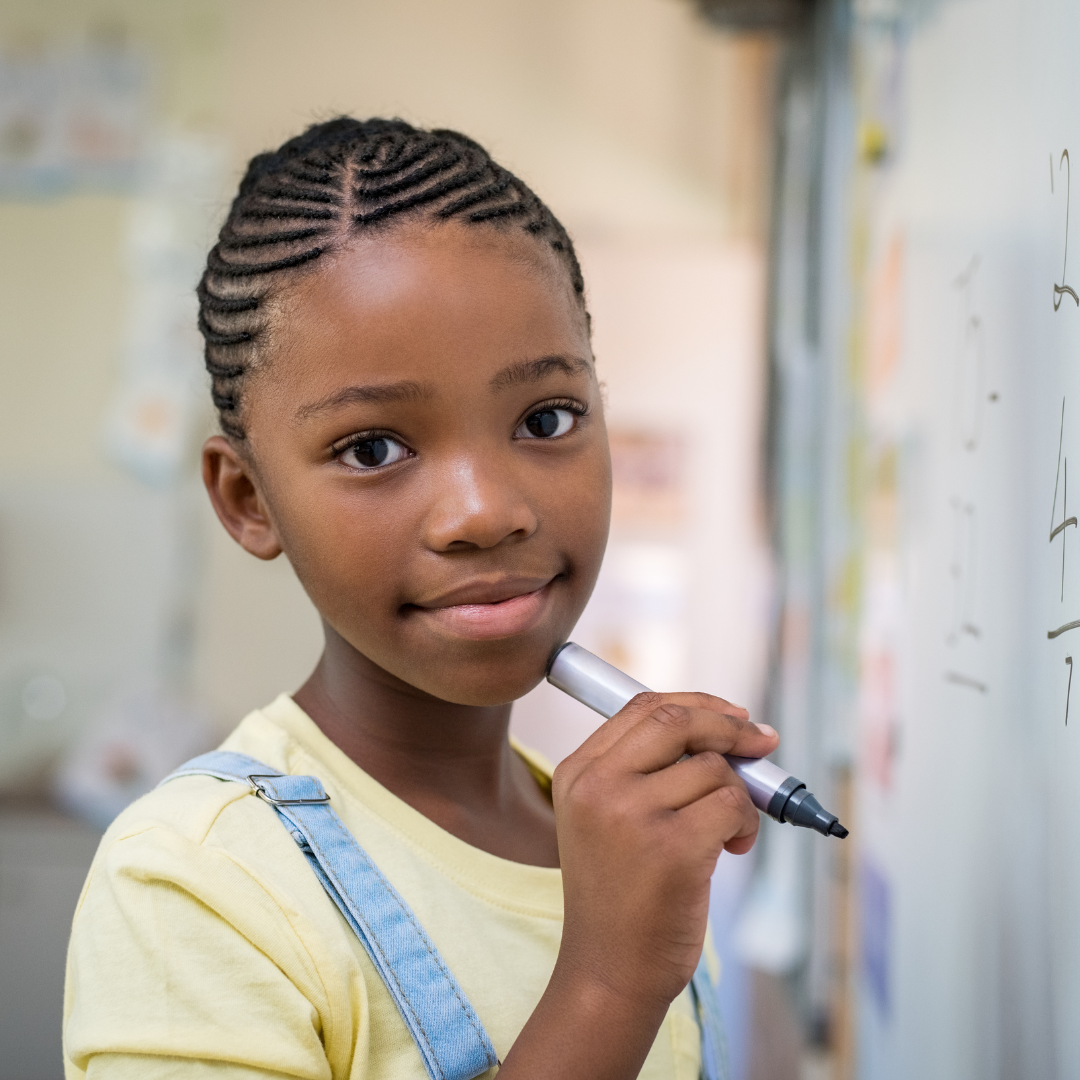
As we move through November, we want to highlight the connection between vision and academic performance. Myopia, or nearsightedness, is becoming increasingly common among children, and its impact on learning can be significant.
Regular eye exams are essential for effectively managing myopia. These check-ups not only help monitor changes in vision but also ensure that children receive the appropriate care tailored to their needs. Early detection of myopia allows for timely intervention, significantly improving a child’s academic experience.
Vision issues can directly affect a child's ability to focus, read, and engage in classroom activities. Children with myopia may struggle to see the board clearly or have difficulty reading books and completing assignments. Common signs of myopia include squinting, frequent rubbing of the eyes, and sitting too close to screens or reading materials. Parents play a crucial role in observing these behaviors and ensuring their children receive the necessary care. In addition to the immediate effects on learning, unmanaged myopia can lead to more serious vision problems over time. Regular eye exams are key to preventing these issues from escalating.
To support your child's eye health and academic success, consider the following tips:
Ensure your child has good lighting while reading or doing homework to reduce eye strain.
Teach your child to maintain a good distance from reading materials and screens to promote better visual habits.
Encourage your child to express any difficulties they encounter while reading or focusing to facilitate early intervention.
As we navigate through the school year, don’t wait for vision problems to arise. Schedule an eye exam for your child today!









